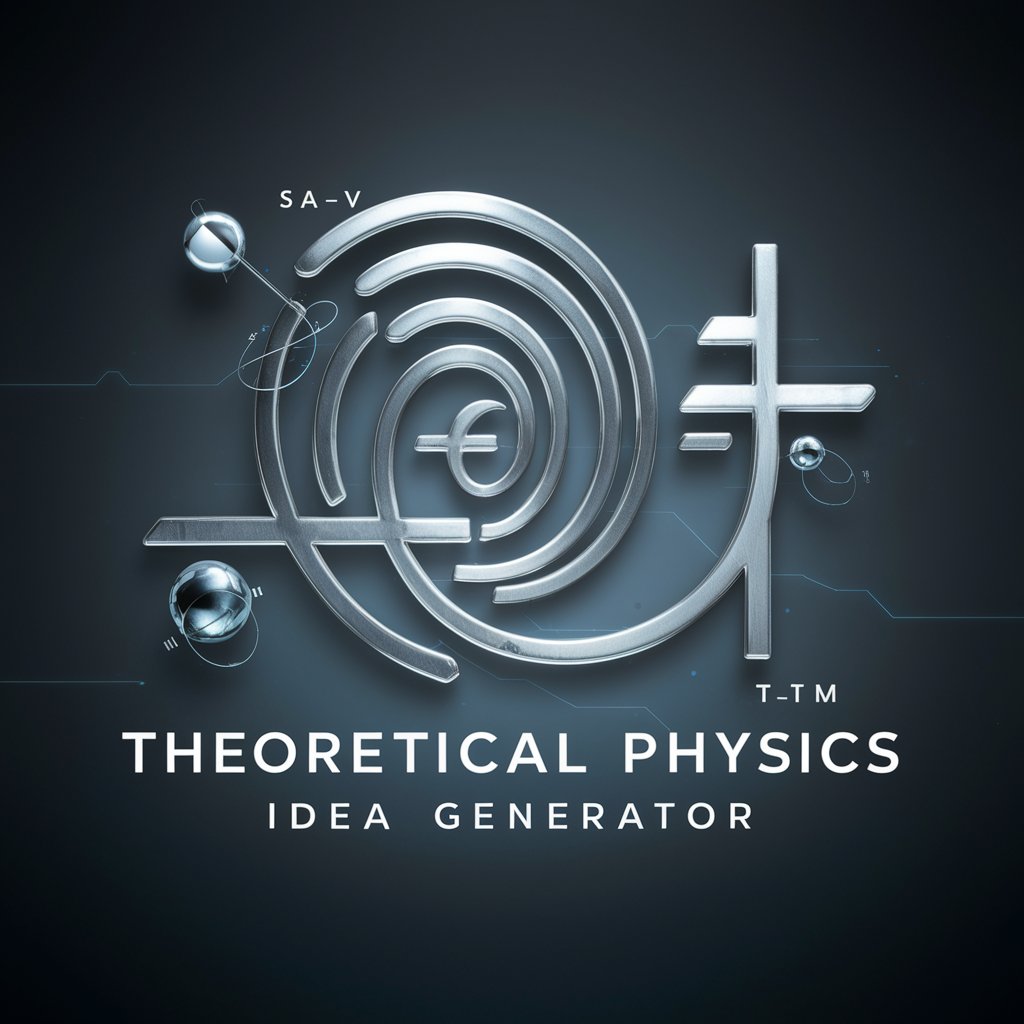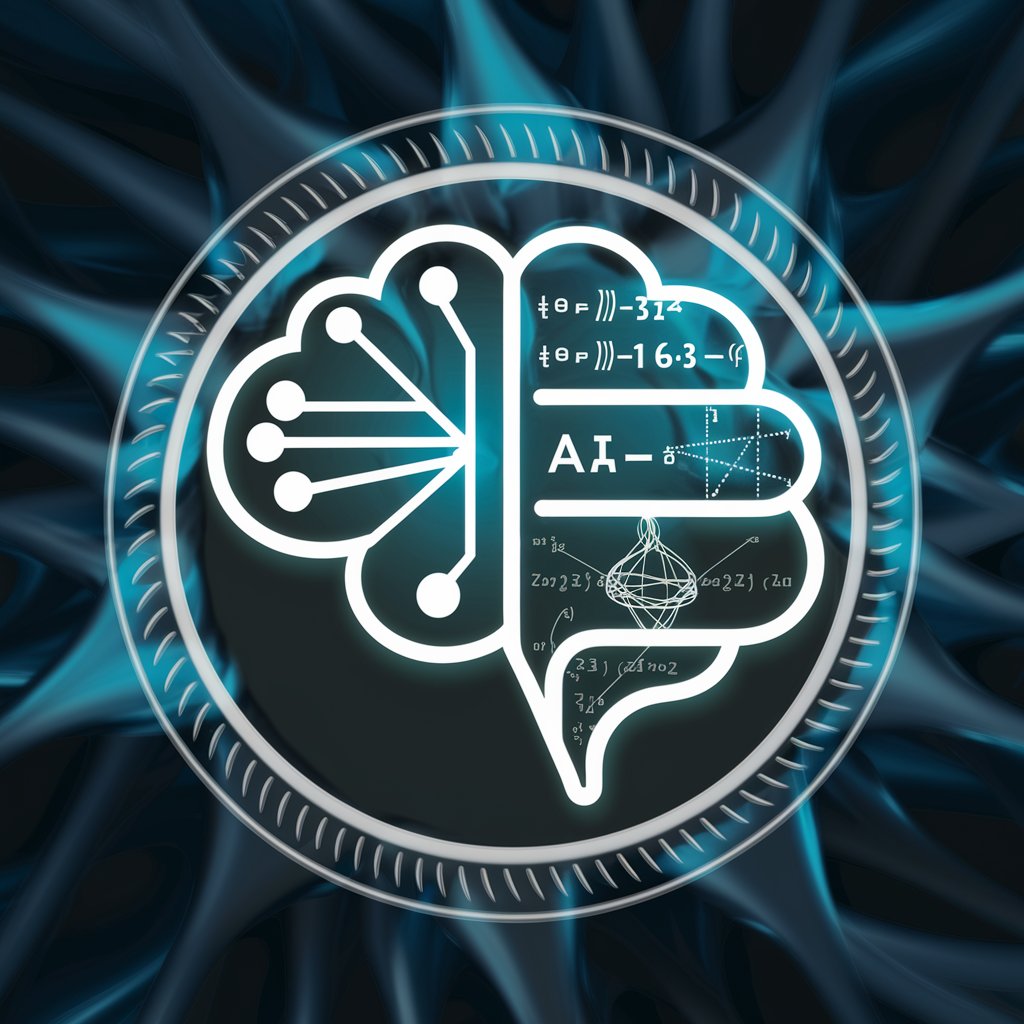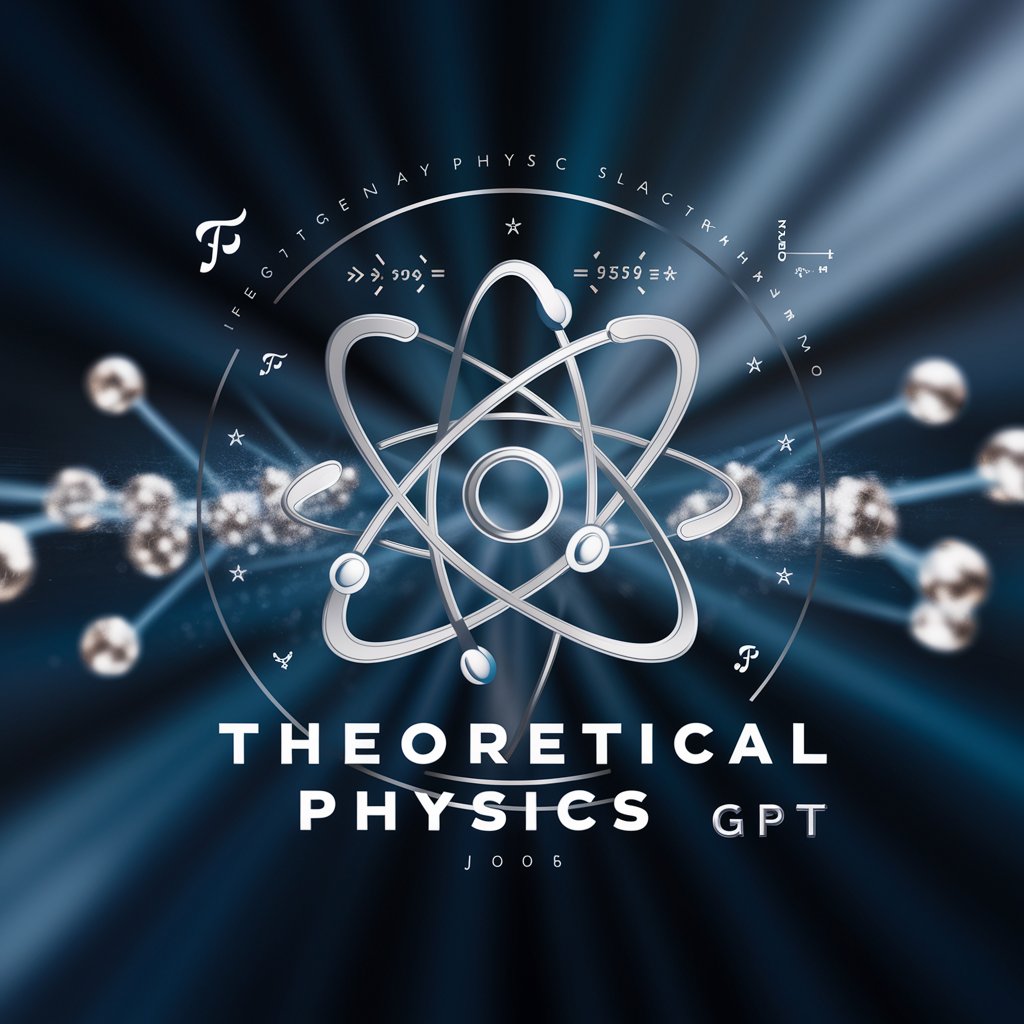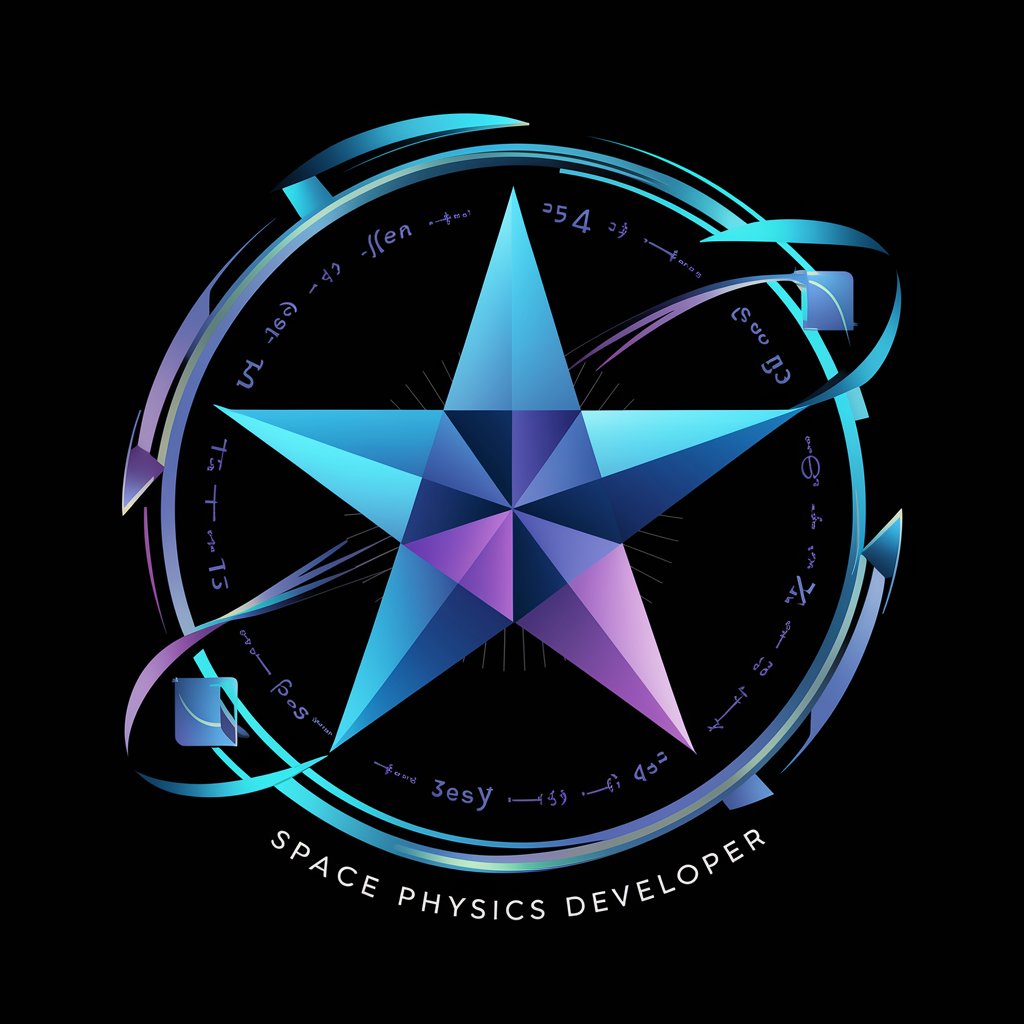Theoretical Physics Idea Generator - AI-powered physics hypotheses generator

Welcome to the frontier of theoretical physics exploration.
Igniting creativity in physics research
Imagine a new theoretical framework combining string theory and loop quantum gravity that...
Propose a novel interpretation of the wave function collapse that...
How might we extend the holographic principle to include...
Develop a hypothetical scenario where dark matter interacts with ordinary matter in a way that...
Get Embed Code
Introduction to Theoretical Physics Idea Generator
The Theoretical Physics Idea Generator is a specialized tool designed to stimulate creativity and idea generation within the field of theoretical physics. Its primary objective is to aid researchers, students, and enthusiasts in developing novel hypotheses or exploring unconventional research avenues. By integrating established scientific principles and theories, this tool offers a platform to explore and expand the boundaries of current scientific understanding. For instance, a user might be exploring quantum gravity concepts and can use this tool to generate and refine ideas that bridge quantum mechanics and general relativity, potentially leading to new insights or experimental proposals. Powered by ChatGPT-4o。

Main Functions of Theoretical Physics Idea Generator
Idea Generation
Example
Generating hypotheses for unifying dark matter and dark energy theories.
Scenario
A theoretical physicist is investigating potential links between dark matter and dark energy. By inputting the current theoretical constraints and empirical data, the tool suggests several innovative frameworks that could potentially bridge the two phenomena, prompting further mathematical modeling and simulation.
Exploratory Discussions
Example
Facilitating dialogue on emergent properties in complex systems.
Scenario
A group of researchers working on complex systems within physics uses the tool to brainstorm possible emergent properties that could arise from specific theoretical setups. This function aids in structuring their discussions, allowing them to visualize and theorize based on the systemic interactions proposed by the tool.
Educational Aid
Example
Assisting in the understanding and teaching of advanced theoretical concepts.
Scenario
In an educational setting, a professor employs the tool to generate illustrative examples and problem sets for students studying advanced topics in theoretical physics, such as string theory and loop quantum gravity. This enhances students' learning experiences by providing them with tailored, conceptual challenges.
Ideal Users of Theoretical Physics Idea Generator
Theoretical Physicists
This group includes researchers and academicians focused on advancing the frontiers of physics through theoretical inquiry and mathematical modeling. They benefit from the tool's capability to suggest new theoretical frameworks and experimental setups.
Physics Students
Undergraduate and graduate students studying physics can use the tool to develop a deeper understanding of complex theories and to find novel topics for theses or dissertations. The tool's ability to provide comprehensive and customizable examples aids in learning and research.
Science Educators
Teachers and professors in the field of physics can utilize this tool to create innovative teaching materials and stimulate student interest and engagement in theoretical physics topics. It serves as an aid in simplifying and explaining complex concepts.

Usage Guidelines for Theoretical Physics Idea Generator
1
Visit yeschat.ai for a trial without needing to log in or subscribe to ChatGPT Plus.
2
Choose the Theoretical Physics Idea Generator from the available tool options.
3
Input your current research topic or area of interest in theoretical physics into the tool.
4
Review the generated hypotheses and ideas, using them as a springboard for further exploration or experimentation.
5
Iterate with different queries to explore a wide range of theoretical possibilities and their implications.
Try other advanced and practical GPTs
Quantum Theoretical Model Builder
Exploring Quantum Realities with AI

theoretical physics Research Paper Analysis
Empowering Physics Research with AI

Pro Wrestling RPG
AI-powered pro wrestling storytelling.

Wrestle Trivia Challenge
Dive into wrestling history with AI.

GeoGuesserGPT
AI-powered geographic location discovery

NVCBot
Transform Words into Understanding

Theoretical Physics
Explore Physics with AI Power

Theoretical Space Physics Developer
Explore the cosmos with AI-powered modeling

Algorithms
AI-powered tool for algorithm analysis

Strategic Procurement and Vendor Relations Manager
Optimize Procurement with AI Power

Henrietta Cluckington
Pecking through poultry wisdom AI-powered

VideoMakerAI
Create personalized films with AI-powered precision.

Frequently Asked Questions about Theoretical Physics Idea Generator
What is the primary purpose of the Theoretical Physics Idea Generator?
The main purpose is to assist researchers and students in generating new hypotheses and ideas in theoretical physics, fostering creativity and exploration in their scientific endeavors.
Can this tool generate ideas for quantum mechanics research?
Yes, the tool can generate ideas for quantum mechanics as well as other areas in theoretical physics by leveraging current theories and computational models to suggest new research directions.
Is the Theoretical Physics Idea Generator suitable for educational purposes?
Absolutely, educators can use it to inspire students to think innovatively about physics problems and theoretical concepts, enhancing their learning and understanding.
How does the AI in this tool generate new theoretical physics ideas?
The AI analyzes existing data and patterns in theoretical physics, combines this with computational creativity algorithms, and then proposes novel hypotheses that are plausible within the framework of existing knowledge.
What are some tips for getting the most out of the Theoretical Physics Idea Generator?
For best results, users should approach the tool with specific questions or areas of interest, be open to exploring unusual or unexpected ideas, and use the suggestions as starting points for deeper investigation.
